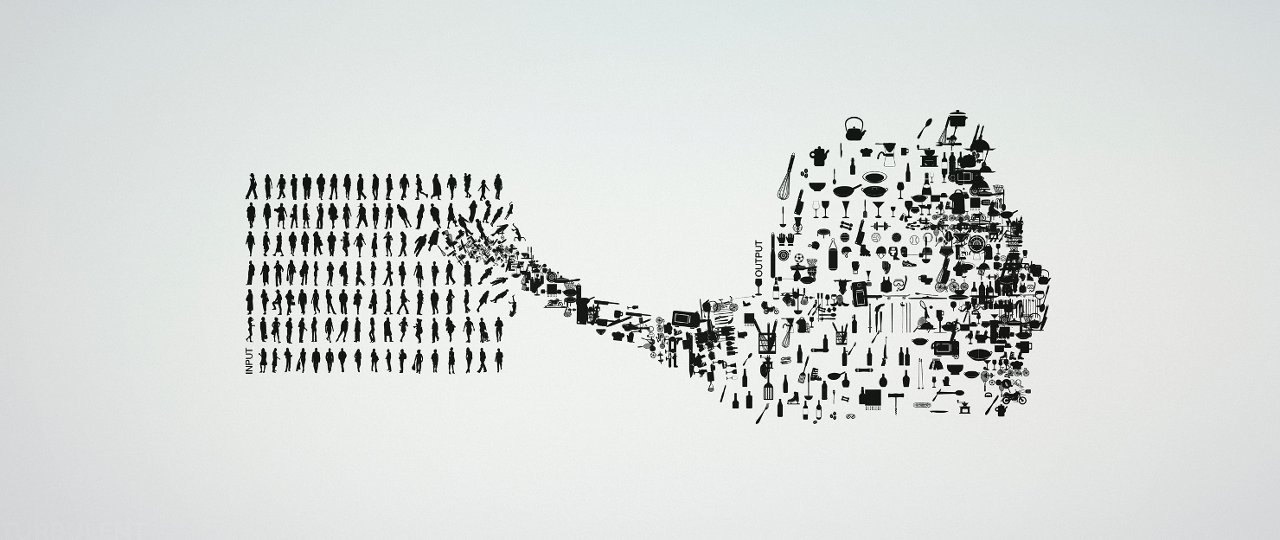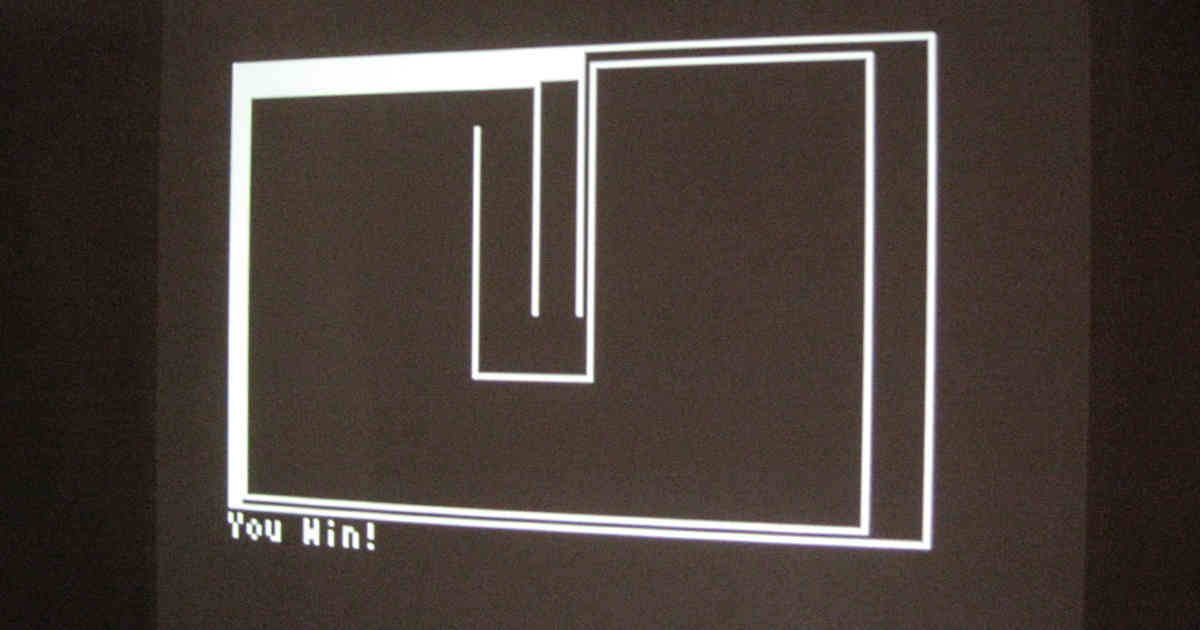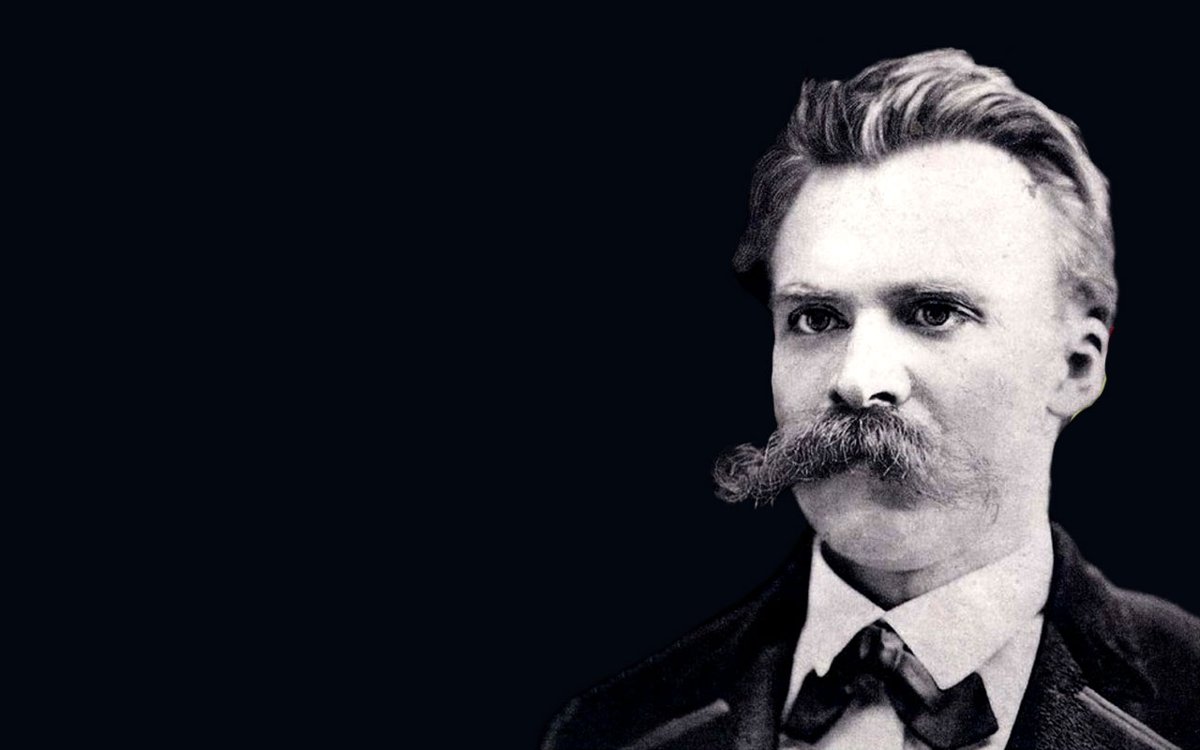“It is difficult for the common good to prevail against the intense concentration of those who have a special interest, especially if the decisions are made behind locked doors.”
In an individualistic and self-indulgent culture, I was wondering what it would take to increase commitment to the common good. A quick search turned up a book by Robert Reich, the previous secretary of labor in the Clinton administration, entitled The Common Good. Reich is well known for his writing on the dangers of growing inequality and the changing nature of work. In this book, written in 2018, he diagnoses the decline of commitment to the common good and prescribes ways to rebuild it. Reich claims that “the common good is no longer a fashionable idea.” He argues what would bind us together is a commitment to fundamental ideals and principles, e.g., respect for the rule of law, democratic institutions, and the belief in equal opportunity and civil rights. His primary argument is that decades of breakdown in moral restraint and the unrestrained pursuit of power and money have led to the erosion of the common good.

We have been reduced to a “whatever-it-takes-to win” mentality.
As a result we have a rigged system that perpetuates inequality, enables economic elites, and undermines trust in institutions.
He suggests getting involved at the local level to demonstrate that good can occur when people check their egos at the door and work together to accomplish shared values and goals.
Coincidentally, my wife and I have been watching My Brilliant Friend, a TV series based on four books by Elena Ferrante. The TV series has four seasons, with 8 episodes in each of the first three and 10 in year four. It’s a perfect example of what happens when people get so caught up in their own lives that they lose track of the common good.
The first two seasons of Beautiful Friend focus on the intimate and evolving relationship of Lila and Lenu. Lila has it all going for her physically and intellectually. Sadly, the conditions in which she lives, learns, and works scramble her emotional life to a point where she is unable to optimize her potential. She gives up her education. She marries a controlling husband. And she gets embroiled in the town dynamic in which a rich family dominates and exploits others to increase their own wealth.
Her conditions are so oppressive and abusive that she loses track of who she is. Lila uses her beauty and brains to seduce men who end up abusing her in one way or another. She has lost hope. She can’t trust anyone. And she is unable to find innovative solutions to the trap she was born into. Her friendship with Lenu deteriorates because Lila is unable to handle the jealousy, anger, and bitterness that consume her—jarring “jabs” to her soul. She ends up taking jabs at her loyal and devoted friend because Lenu has managed to continue her education and avoid getting too involved with men who could bring her down or stunt her growth. Lila becomes so overwhelmed by a sea of churning emotions that she is unable to navigate her way out of a shipwrecked life. She defaults to survival mode as Lenu dedicates herself to a life of growth and helping others.
The conditions in which Lila was raised can be fairly described as a prison; and then she locked the door. It seems to me Lila’s story represents a pervasive theme in the world. When people take jabs at those they love the most in the world, I suspect that most of their negative behaviors are driven by underlying emotions and/or unresolved trauma from the conditions in which they were born and raised.
There is a universal principal underlying this drama: if any of the components, functions, and processes of a situation get out of whack, then the reinforcement contingencies (conditions) influencing growth are able to undermine whatever strengths a person has, so that the person ultimately lowers his or her standards in order to survive. To apply that principle to your own life, think about components as the physical, intellectual, emotional, and spiritual dimensions of your life. Think about functions as the living, learning, loving, and working challenges and/or responsibilities of your life. Think about processes as the extent to which you are able to explore, understand, and act on different opportunities. Now, think about the conditions in which you were raised compared to the conditions of how so many people in the world were raised. Observe how standards for achieving a meaningful life are set according to the combination of individual strengths and the underlying conditions in which people are able or unable to apply them.
So what needs to happen to shift the cultural focus from a winner-takes-all mentality to a together-we-grow mentality. It seems to me that the first step is to honestly assess the conditions in which people are trying to survive and grow and to question the standards of success we have set for ourselves.
Let’s start by looking at the differences in worldviews between Wall Street and Main Street. Wall Street is typically characterized as a cutthroat environment where the only measure of success is wealth accumulation. In the Oliver Stone movie, Wall Street, Michael Douglas plays the role of Gordon Gekko who spends all day trying to make as much money as he possibly can and cheerfully breaks the law to amass more and more. The concept of “enough” never occurs to him. Money is his way to keep score. In the movie Main Street, on the other hand, Colin Firth gets involved with close-knit residents in a North Carolina town to save their crumbling community. While it flopped at the box office, it had all the elements for what could have been a great movie.
I’ve had the good fortune to be involved in several projects that could have provided terrific story lines for a different version of Main Street. In my real life stories, people in the community work together to work on some of the most pressing issues of our time: climate change, providing food and housing for people living in poverty conditions, and libraries that serve the needs of everybody. In all of those projects, there is a focus on service over self. People build broad based coalitions. They consciously align their actions with their purpose and principles. They are passionate about who they are and what they do. They seek out diverse perspectives. They think big. They collaborate. Everyone checks their ego at the door. They create safe spaces for resolving disagreements. They treat each other with respect. People are empathic, curious, and humble. Sound too good to be true? It’s not. It’s actually happening. These projects make me believe that having hope and trust is not naïve:
First, the Grand Traverse Regional Land Conservancy, over a 33-year history, has protected about 50,000 acres of pristine land that developers were eager to fill up with as many houses as possible. They have established about 125 miles of spectacular trails throughout the region and have preserved 150 miles of precious shoreline, providing universal access for the whole community to enjoy. One of its projects is the Maple Bay garden that produces about 8,000 pounds of fresh, organic, healthy food for Food Rescue. The garden is completely staffed by community volunteers who come together twice a week to prepare the soil, plant the seeds, take care of the plants, and harvest the vegetables. Addressing climate change and poverty is clearly in the common good.
Second, the Homeless Collective of the Traverse City Region, sponsored by Rotary Charities and the Community Foundation, brings together stakeholders in the goal of helping unhoused people get the services, shelter, and support they need to find housing. Stakeholders include leaders from: government, mental and physical health, addiction treatment services, the library, Goodwill, two shelter organizations staffed by local churches, the
Coalition to End Homelessness, neighborhood associations, as well as the police department. Together, they are creating collaborative solutions for the common good of the community. There is a genuine commitment among these leaders to work interdependently for the benefit of all.
Third, the Elk Rapids Library has committed to building a new building that creates space for community connection and provides vital resources for everybody in the community. The library has been a cornerstone of the community since 1894. In the newly proposed accessible location, it will provide expanded services to children and teens and meeting rooms for events and community engagement. Providing people with the resources and information that enable them to come together and succeed is in the common good.
It’s not easy to create conditions required to support projects like the ones I described above. There has to be a meaningful purpose. People need to care about the common good. And there needs to be an openness to hearing feedback when values and norms are jeopardized or violated.
What we are hearing on the national stage is a contentious contest between joy and fear. We are watching a battle between a Wall Street con artist and a Main Street exemplar. The Wall Street picture dwells on the probabilities for disaster if its candidate is not elected. The Main Street picture promotes the possibilities for all if we are willing to focus on the common good. In the Wall Street version, regulations, taxes, and institutional expertise are not required. In the Main Street version, collaboration, compromise, and science are valued. The driving purpose of the Wall Street platform is to reinforce individualism, greed, exclusivity, and state rights. The driving purpose of the Main Street platform is to reinforce community building, healthy alliances, and equal opportunity.
Serving the common good means we need to focus first on purpose and principles and then translate those ideals into policies and priorities that serve the nation as a whole. It means agreeing on the abstract ideals AND implementing concrete programs that accomplish specific goals.
I’m hoping more people will embrace a Main Street version of the world than a Wall Street version. I’m hoping more of us can open to the possibilities for joy instead of closing down with fears of doom. I’m hoping that more of us get involved in local projects seeking the common good. And, finally, I’m hoping we can create the conditions where more people like Lenu are able to fully apply their skills and thrive and more people like Lila are freed from oppressions so that they can optimize their skills and pursue opportunities for growth. May it be so.
Also published on Medium.



![[ C ] Chuck Close - Dalai Lama (2005) | Credit: cea+](https://rickbellingham.com/wp-content/uploads/2016/11/flickr_centralasian_dalailamabychuckclose_web.jpg)
Great analysis and inspiring message my friend! Keep ‘em coming!❤️
Love it Ricky! Thank you